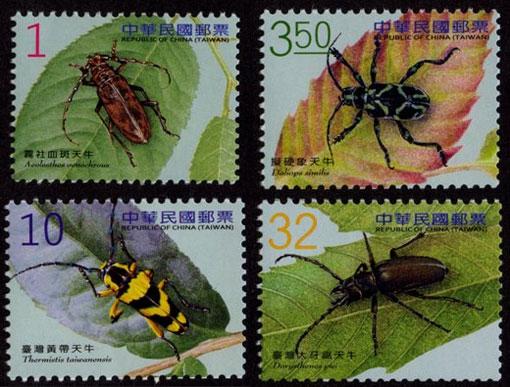Back in December 2010, we noted the mounting evidence in the case against the safe use of neonicotinoid pesticides, and specifically their relationship to what’s now a six-year outbreak of colony collapse disorder. Over that time, one-third or more of U.S. honey bee colonies have been wiped out. Now more evidence, in the form of two studies from French and British researchers, have arisen for pesticide makers to dispute, just as they did initial claims. In the New York Times, Carl Zimmer writes (“2 Studies Point to Common Pesticide as a Culprit in Declining Bee Colonies“) that the findings indicate the chemical may “fog” bees’ brains, and also impair the production of new queens. Bayer CropScience took a little time off from “promoting bee health” to dispute the findings, claiming that the dosage was excessive, but a new Harvard study contradicts them. Reports Scientific American (“Common Pesticide Implicated Bee Colony Collapse Disorder“): “The authors of the Harvard-based paper tried a variety of doses (ranging from 20 micrograms of insecticide per kilogram of corn syrup to 200 micrograms), all of which led to colony deaths”. This allows me the opportunity to quote Dutch toxicologist Henk Tennekes again, who must be feeling sadly vindicated: "Neonicotinoid insecticides act by causing virtually irreversible blockage of postsynaptic nicotinergic acetylcholine receptors (nAChRs) in the central nervous system of insects. The damage is cumulative, and with every exposure more receptors are blocked. In fact, there may not be a safe level of exposure". The Xerces Society for Invertebrate Conservation recently published a review of research into the effects of neonicotinoid insecticides on bees, with recommendations for action (attached).
Source: The SunBreak, April 9, 2012
http://thesunbreak.com/2012/04/09/bee-lieve-the-growing-buzz-about-harm…

- Login om te reageren
